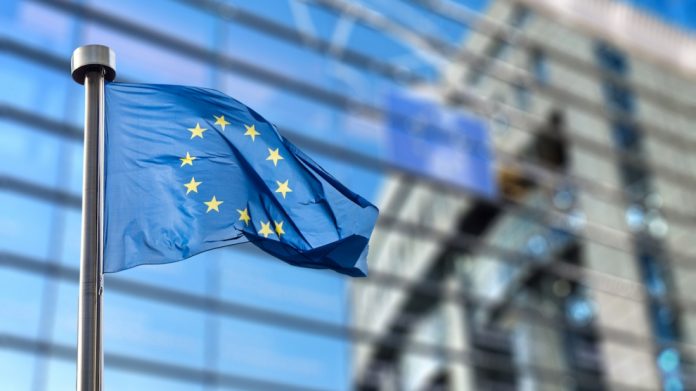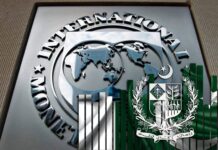
STRASBOURG: The European Commission added Saudi Arabia, Panama and four U.S. territories to a blacklist of nations it considers a threat because of lax controls on terrorism financing and money laundering, the EU executive said on Wednesday.
The move is part of a crackdown on money laundering after several scandals at EU banks, but it has been criticised by several EU countries, including Britain, that are worried about their economic relations with the listed states, notably Saudi Arabia. The United States has also disapproved.
The Saudi government said it regretted the decision in a statement published by the Saudi Press Agency, adding: “Saudi Arabia’s commitment to combating money laundering and the financing of terrorism is a strategic priority”.
Panama said it should be removed from the list because it recently adopted stronger rules against money laundering.
Apart from reputational damage, inclusion on the list complicates financial relations with the EU. The bloc’s banks will have to carry out additional checks on payments involving entities from listed jurisdictions.
The list now includes 23 jurisdictions, up from 16. The commission said it added jurisdictions with “strategic deficiencies in their anti-money laundering and countering terrorist financing regimes”.
Other newcomers to the list are Libya, Botswana, Ghana, Samoa, the Bahamas and the four United States territories of American Samoa, U.S. Virgin Islands, Puerto Rico and Guam.
The U.S. Treasury said the listing process was “flawed” and rejected the inclusion of the four U.S. territories on the list.
The other listed states are Afghanistan, North Korea, Ethiopia, Iran, Iraq, Pakistan, Sri Lanka, Syria, Trinidad and Tobago, Tunisia and Yemen.
Bosnia, Guyana, Laos, Uganda and Vanuatu were removed.
BAD FOR BUSINESS?
The 28 EU member states now have one month, which can be extended to two, to endorse the list. They could reject it by qualified majority. EU justice commissioner Vera Jourova, who proposed the list, told a news conference that she was confident states would not block it.
She said it was urgent to act because “risks spread like wildfire in the banking sector”.
But concerns remain. Britain, which plans to leave the EU on March 29, said on Wednesday the list could “confuse businesses” because it diverges from a smaller listing compiled by its Financial Action Task Force (FATF), which is the global standard-setter for anti-money laundering.
The FATF list includes 12 jurisdictions – all on the EU blacklist – but excludes Saudi Arabia, Panama and U.S. territories. The FATF will update its list next week.
London has led a pushback against the EU list in past days, and at closed-door meetings urged the exclusion of Saudi Arabia, EU sources said.
The oil-rich kingdom is a major importer of goods and weapons from the EU and several top British banks have operations in the country. Royal Bank of Scotland is the European bank with the largest turnover in Saudi Arabia, with around 150 million euros ($169 million) in 2015, according to public data.
HSBC is Europe’s most successful bank in Riyadh. It booked profits of 450 million euros in 2015 in the kingdom but disclosed no turnover and has no employees there, according to public data released under EU rules.
MISSING “WASHING MACHINES”
Criteria used to blacklist countries include weak sanctions against money laundering and terrorism financing, insufficient cooperation with the EU on the matter and lack of transparency about the beneficial owners of companies and trusts.
Five of the listed countries are already included on a separate EU blacklist of tax havens. They are Samoa, Trinidad and Tobago and the three U.S. territories of American Samoa, Guam and U.S. Virgin Islands.
Critics said the list fell short of including several countries involved in money-laundering scandals in Europe.






